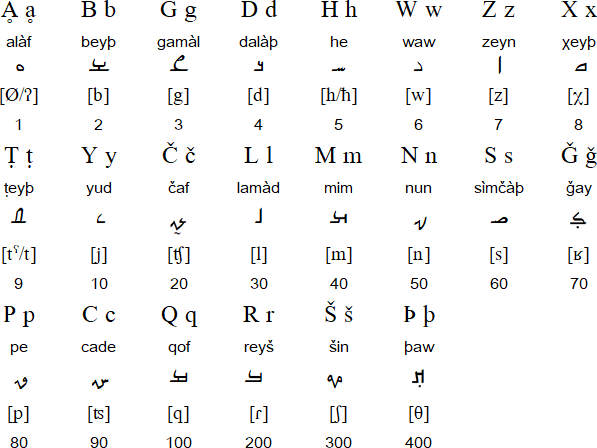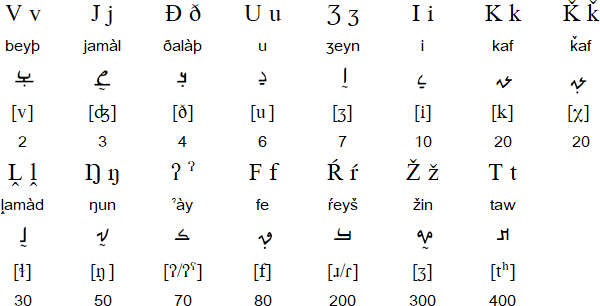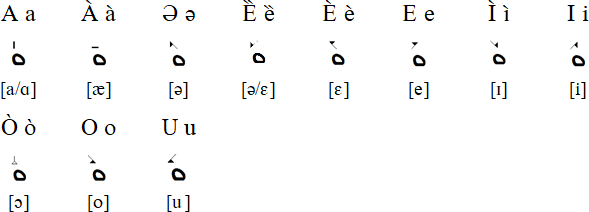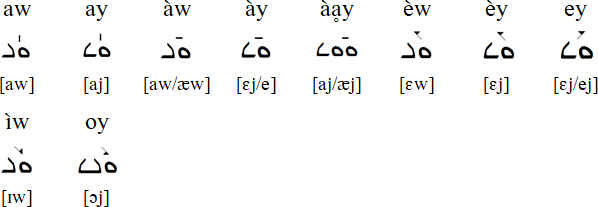The Latinate (Aramaic) Script is an adaptation of the Latin, or Roman, alphabet devised by Yaqob bar-Karoza for use with the Isaric dialect of Aramaic—a semi-engineered dialect used by Isaric Samaritans, i.e., surviving descendants of the Byzantine Samaritan diaspora once active in Sicily and in Dalmatia. Latinate is one of two official scripts used to write the Isaric alphabet (àbgàda Ḁisaraya), the other being the ancient Mandaic script (mìčþoba Màndaya), which is regarded as sacred by both Mandaeans and Isaric Samaritans. Although Latinate was originally intended for common, non-liturgical use, its practicality and readability eventually led to the script’s employment in religious contexts alongside the Mandaic characters.




Download alphabet charts for Latinate (Excel)
Bìyìþildu̦n čol-ènašëya čwaþ χeḁrrëya we šàwyëya va ǧurča we va zìdqëya. Bìyìzdìvdu̦n pa χuešaba we pa þeḁrþa, we koyìsˀəru̦n χàd ləwaþ χàd va ruχa di àχuþa.

A recording of this text by Yaqob bar-Karoza
All human beings are born free and equal in dignity and rights. They
are endowed with reason and conscience and should act towards one another
in a spirit of brotherhood.
(Article 1 of the Universal Declaration of Human Rights)
Constructed scripts for: Ainu | Arabic | Chinese languages | Dutch | English | Hawaiian | Hungarian | Japanese | Korean | Lingala | Malay & Indonesian | Persian | Tagalog / Filipino | Russian | Sanskrit | Spanish | Taino | Turkish | Vietnamese | Welsh | Other natural languages | Colour-based scripts | Tactile scripts | Phonetic/universal scripts | Constructed scripts for constructed languages | Adaptations of existing alphabets | Fictional alphabets | Magical alphabets | A-Z index | How to submit a constructed script
[top]
You can support this site by Buying Me A Coffee, and if you like what you see on this page, you can use the buttons below to share it with people you know.

If you like this site and find it useful, you can support it by making a donation via PayPal or Patreon, or by contributing in other ways. Omniglot is how I make my living.
Note: all links on this site to Amazon.com, Amazon.co.uk
and Amazon.fr
are affiliate links. This means I earn a commission if you click on any of them and buy something. So by clicking on these links you can help to support this site.
[top]